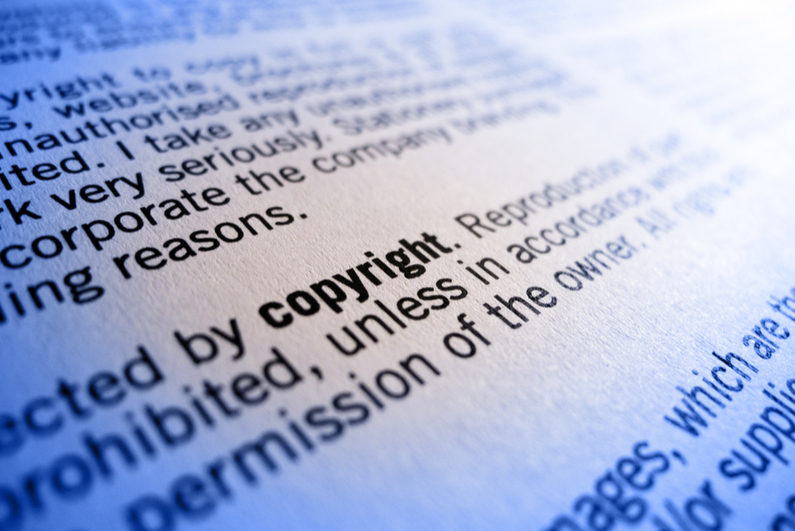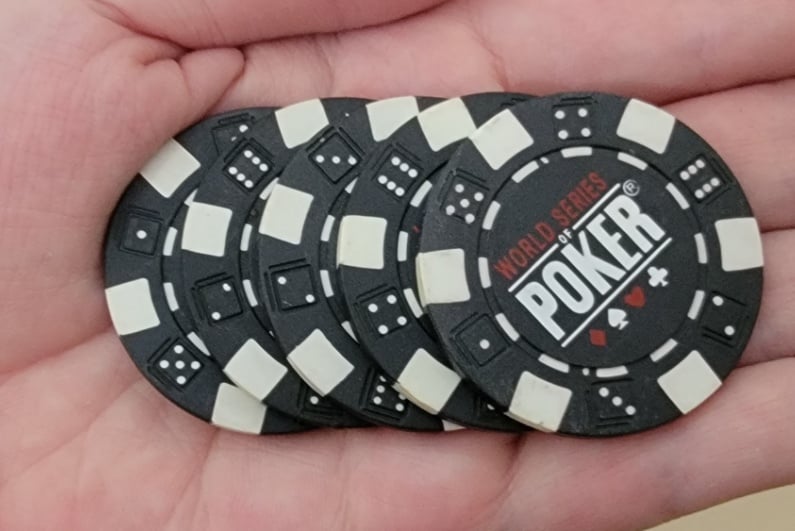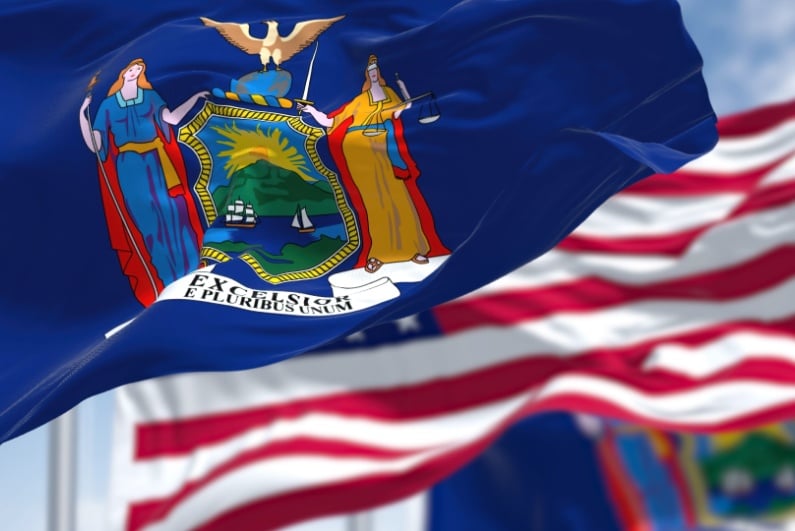William Hill’s US operation has filed a lawsuit against one of its main competitors in the sports betting space, FanDuel.
The company has issued a civil suit, which has been filed in a New Jersey federal court. The main issue concerns copyright infringement. The suit alleges that FanDuel committed wholesale theft on William Hill’s betting guide for people who are new to sports betting in the US.
FanDuel is specifically alleged to have copied the William Hill “How to Bet Guide”, which is aimed at educating new sports bettors in New Jersey and was published in anticipation of the opening of legal sports betting in the state in June.
Part of this lawsuit notes how FanDuel issued an identical “How to Bet Betting Guide” in advance of opening up its sports betting offering at the Meadowlands Racetrack last July.
This guide was printed into pamphlet form, as well as being available online through the FanDuel sportsbook website catering for New Jersey customers.
The lawsuit lists many examples of how FanDuel duplicated significant amounts of text from the William Hill guide. These include specific examples pertaining to sports bets whereby the score, teams and odds were all identical.
The main indicator of duplication is the part of the FanDuel guide that talks about the types of bets it is offering: “professional wagers offered by William Hill”. FanDuel clearly didn’t even bother changing William Hill’s name to its own when copying this content.
It doesn’t look good for FanDuel.
Trial by jury?
William Hill is seeking a jury trial and is hoping that it will be there that the extent of its irreparable injury will be determined.
William Hill is looking for an award of “all damages sustained” as a result of the alleged copyright infringement committed by FanDuel. It is laying claims to “all profits realized by FanDuel due to its wrongful acts” in addition to court costs, legal fees and statutory damages.
Officials at William Hill US were quick to say that the company does not usually get involved in litigation unless it is a clear breach, such as in this case.
CEO Joe Asher spoke to ESPN about this issue, saying that “this is ridiculous”. Asher said that some of the damages William Hill is hoping eventually to receive from FanDuel would go towards funding “scholarships for creative writing programs at New Jersey universities”.
FanDuel’s current status
FanDuel previously was the market leader in the popular fantasy sports betting world alongside rival DraftKings. After the Supreme Court ended the federal ban on sports betting, it quickly set about getting involved in this new space.
FanDuel has a strong customer base to target with a new sportsbook offering. It was also acquired by well-known Irish bookmaker Paddy Power following the Supreme Court decision.
As part of this deal, Paddy Power took over a majority stake currently worth 61% of the FanDuel business. Paddy Power also has the option to increase its ownership to 80% in the next three years and up to 100% in the next five years.
FanDuel received a cash injection of $158m as part of the deal. This money will be used to pay off its current debts, as well as helping it expand into the sports betting market. It had about 7m registered customers from their fantasy business, taking up a market share of about 40%.
It is are now partnered with a few different casinos throughout the country to offer sports betting. It also has a mobile app called the FanDuel Sportsbook, which allows New Jersey residents to place mobile bets.
More controversies
FanDuel was recently involved in another controversy, so it has certainly had a rocky start to its entrance into the sports betting sector. In the first few weeks after opening its sportsbook, FanDuel told its players that it would not be able to pay out people’s winnings at certain late hours.
Then there was a major scandal in September that marred the opening of its NFL season offering. FanDuel was embroiled in a media nightmare after it initially refused to pay out more than $82,000 to one of its players who had benefited as a result of a technical error on FanDuel’s behalf.
This happened during an NFL game between the Oakland Raiders and Denver Broncos, where FanDuel displayed wrong odds were displayed for a given market towards the end of the game.
After a huge public outcry, FanDuel backtracked on its decision not to pay out and subsequently honoured all of the bets that it had taken on this market.




